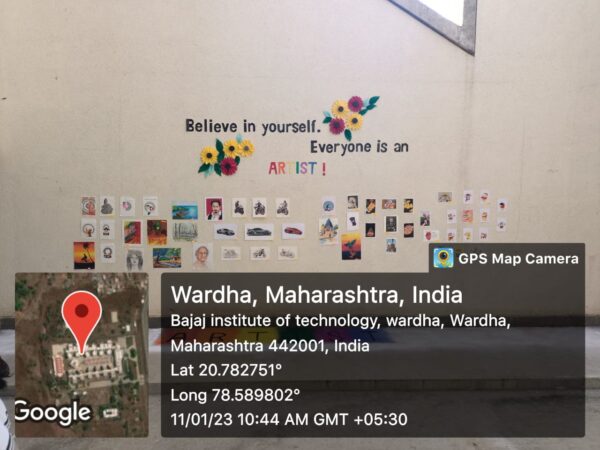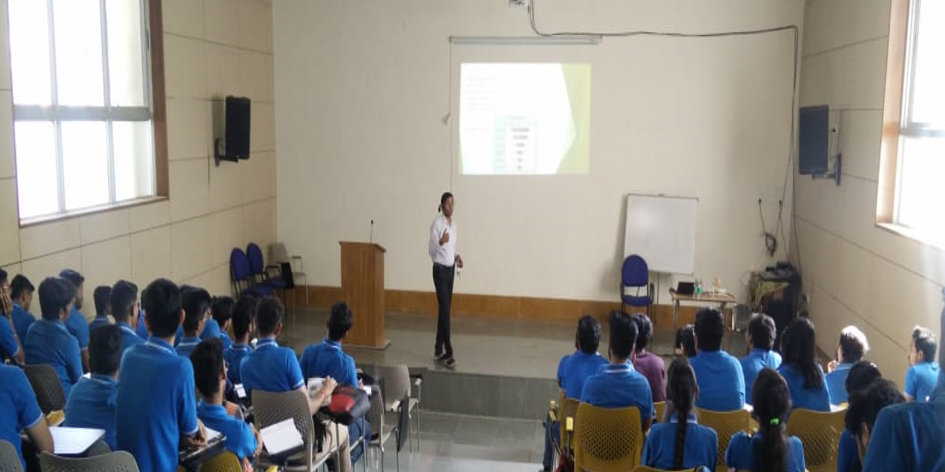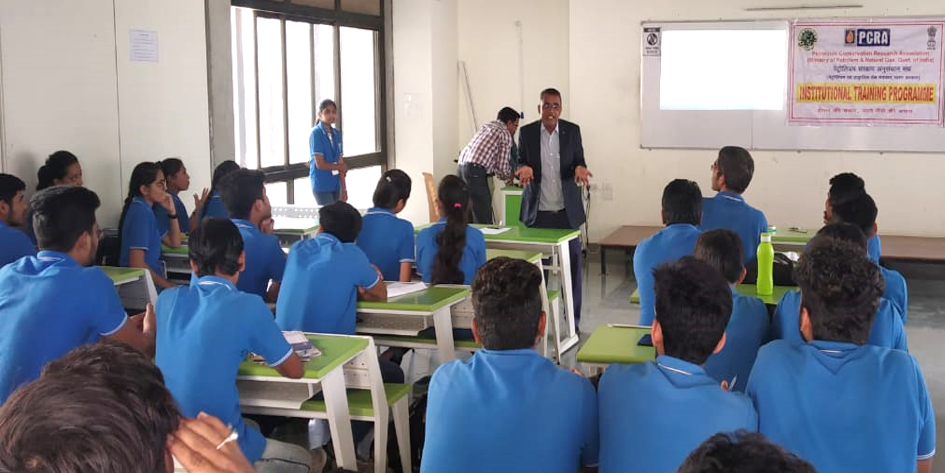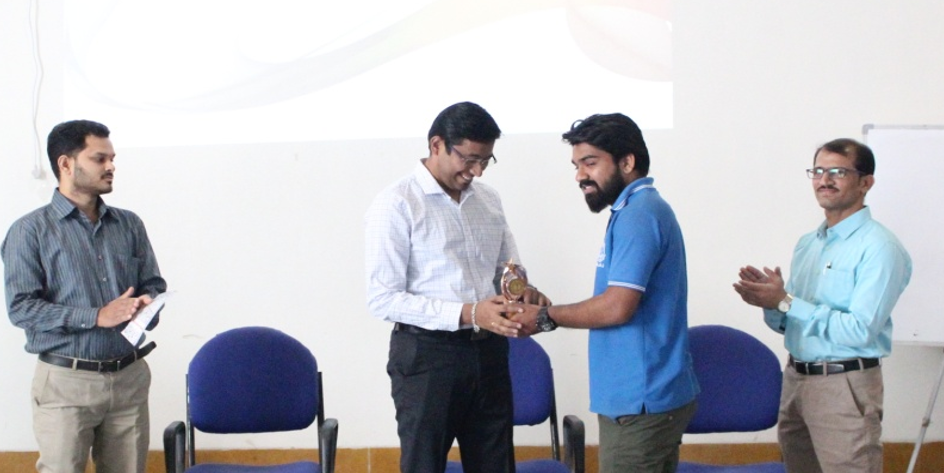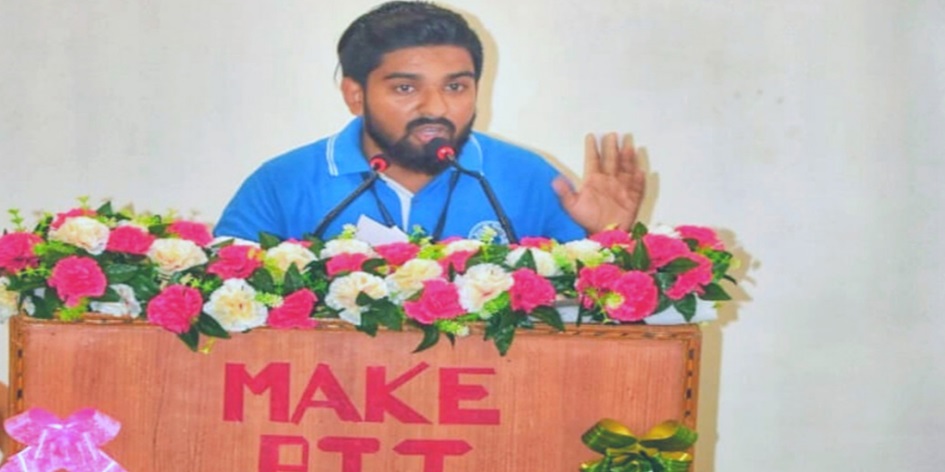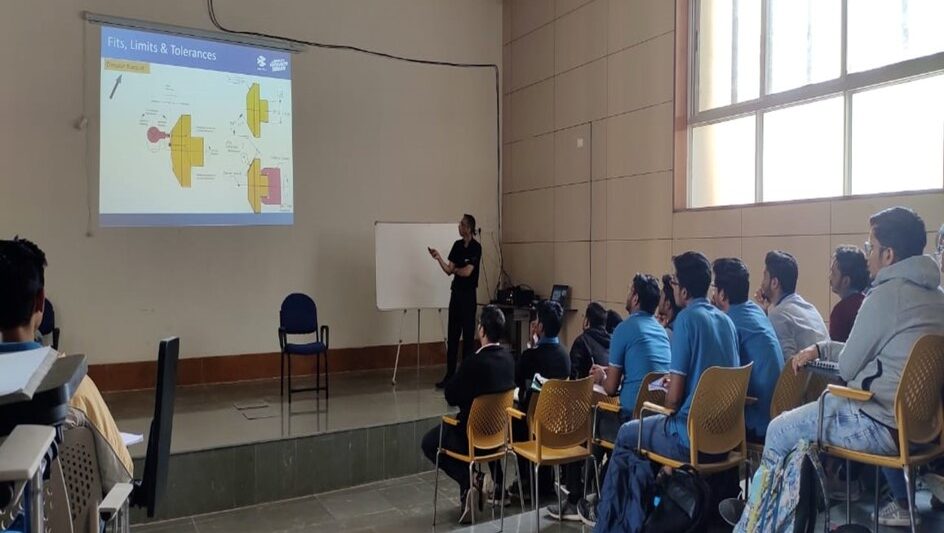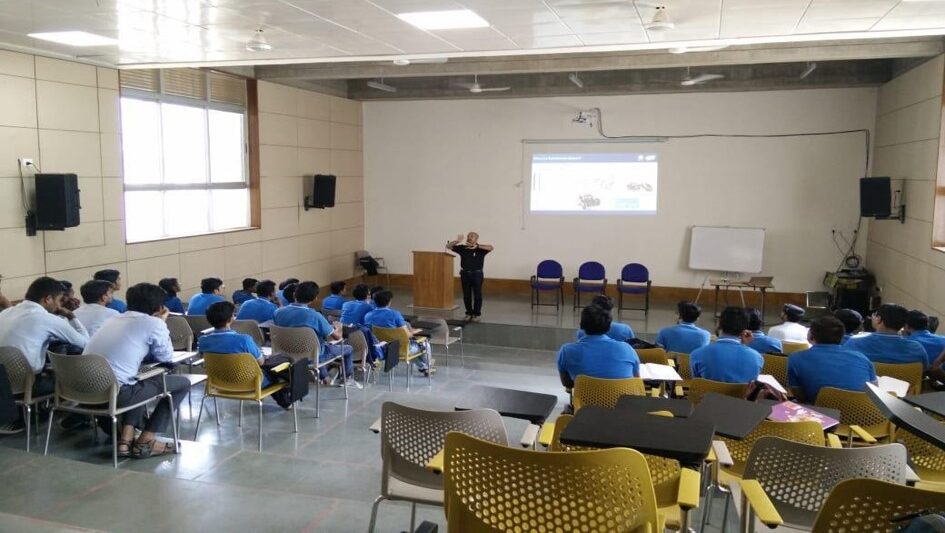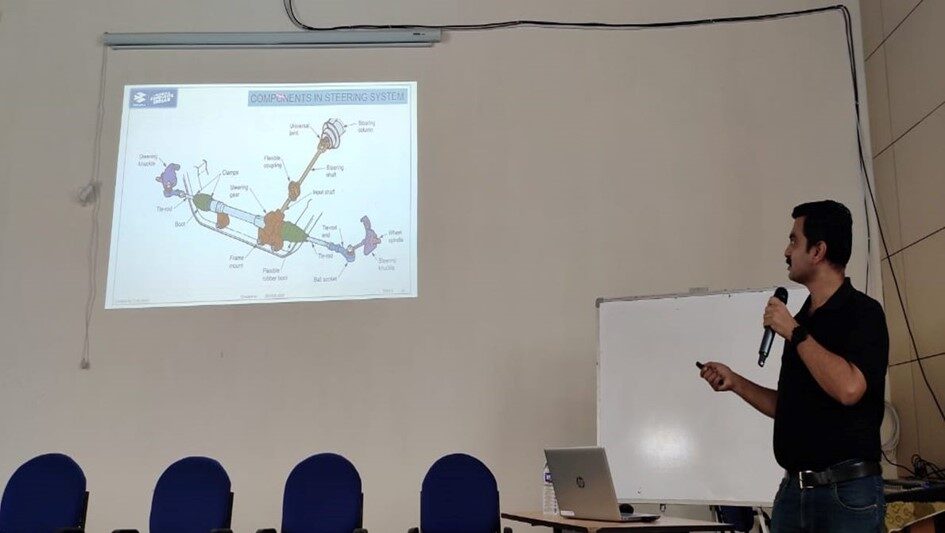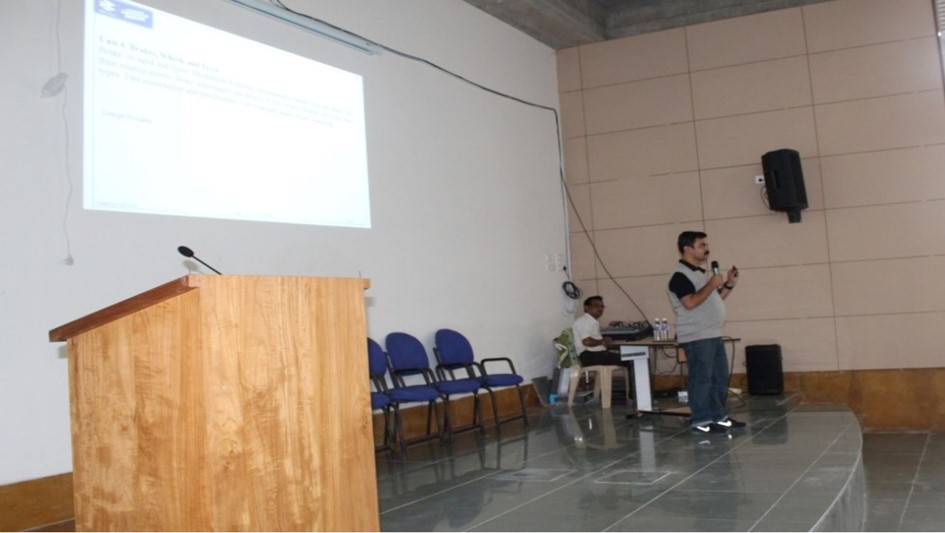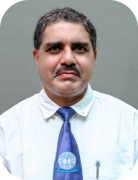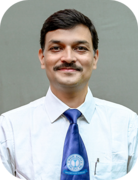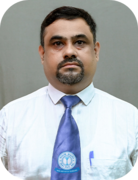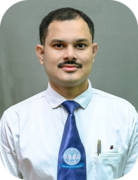- principal@bitwardha.ac.in
- 07152-295473
- DTE CODE: 4649
The department has well-equipped laboratories including major equipments like Steam Boiler, Rapid Prototyping Machine, Advanced CNC Lathe & Milling Machines, Electrical Discharge Machine, 3 D Printing Machine,Profile Projector, PUC Test Apparatus, Advanced 4 Stroke Petrol and Diesel Engines, Refrigeration and Air Conditioning set up, Mechatronics and Robotics lab, Tilting Flume and other hydraulic equipments. These quality calibrated equipments are used by students for their mini and major projects. The department also has softwares such as PTC Creo, AutoCAD etc. In final year, for major projects, the focus is given on industry live problems, agricultural applications and advanced industrial applications.
| Sr. No. | Title | In-take |
|---|---|---|
| 1 | B. Tech. Mechanical Engineering | 60 |
| Outcome Identifiers | Outcomes |
|---|---|
| PO1 | Apply knowledge of mathematics, science and engineering to analyze, design and evaluate mechanical components and systems using state-of-the- art IT tools. |
| PO2 | Analyze problems of production engineering including manufacturing and industrial systems to formulate design requirements. |
| PO3 | Design, implement and evaluate production systems and processes considering public health, safety, cultural, societal and environmental issues. |
| PO4 | Design and conduct experiments using domain knowledge and analyze data to arrive at valid conclusions. |
| PO5 | Apply current techniques, skills, knowledge and computer based methods and tools to develop production systems. |
| PO6 | Analyze the local and global impact of modern technologies on individual organizations, society and culture. |
| PO7 | Apply knowledge of contemporary issues to investigate and solve problems with a concern for sustainability and eco-friendly environment. |
| PO8 | Exhibit responsibility in professional, ethical, legal, security and social issues. |
| PO9 | Function effectively in teams, in diverse and multidisciplinary areas to accomplish common goals. |
| PO10 | Communicate effectively in diverse groups and exhibit leadership qualities. |
| PO11 | Apply management principles to manage projects in multidisciplinary environment. |
| PO12 | Pursue life-long learning as a means to enhance knowledge and skills. |
| Objective Identifier | Objectives |
|---|---|
| PEO 1 | Graduates should excel in engineering positions in industry and other organizations that emphasize design and implementation of engineering systems and devices. |
| PEO 2 | Graduates should excel in best post-graduate engineering institutes, reaching advanced degrees in engineering and related discipline. |
| PEO 3 | Within several years from graduation, alumni should have established a successful career in an engineering-related multidisciplinary field, leading or participating effectively in interdisciplinary engineering projects, as well as continuously adapting to changing technologies. |
| PEO 4 | Graduates are expected to continue personal development through professional study and self-learning. |
| PEO 5 | Graduates are expected to be good citizens and cultured human beings, with full appreciation of the importance of professional, ethical and societal responsibilities. |
| Specific Outcomes Identifier | Specific Outcomes |
|---|---|
| PSO 1 | Make the students employable in engineering industries. |
| PSO 2 | Motivate the students for higher studies and research. |
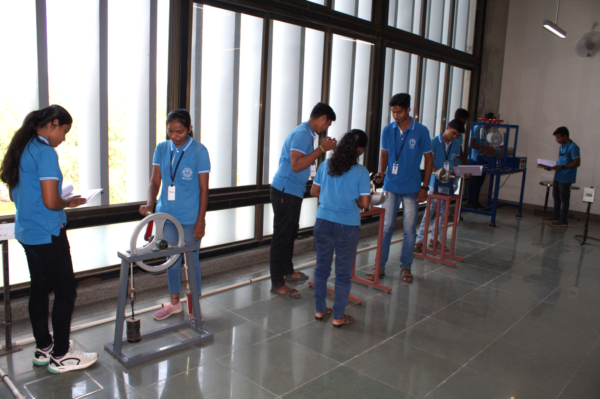
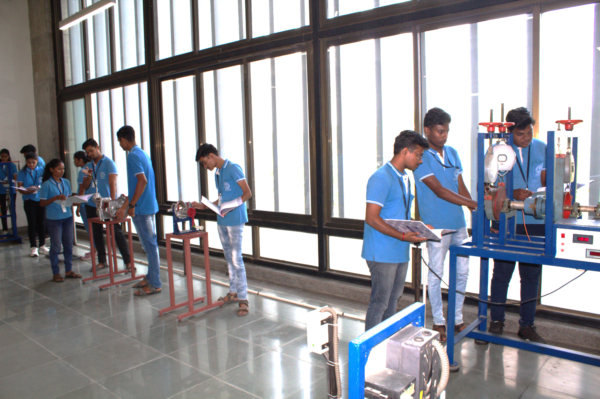
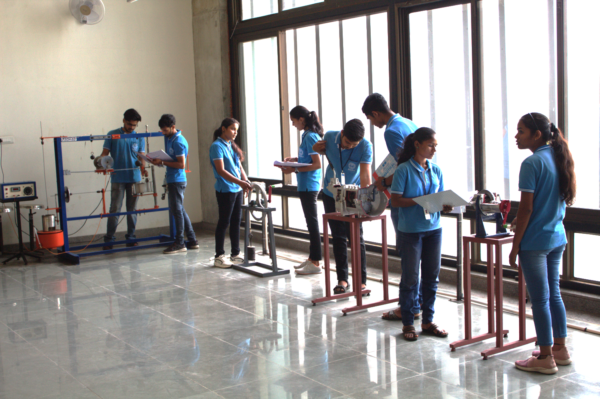
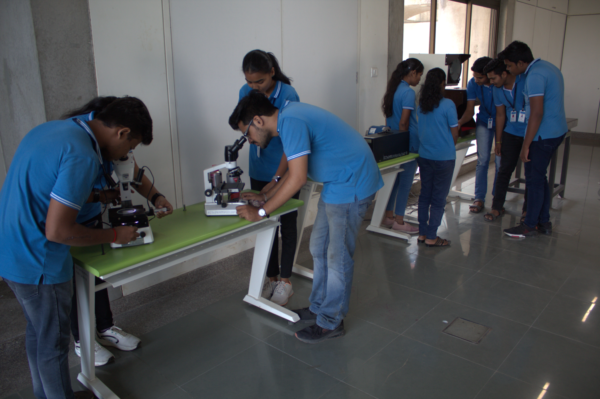
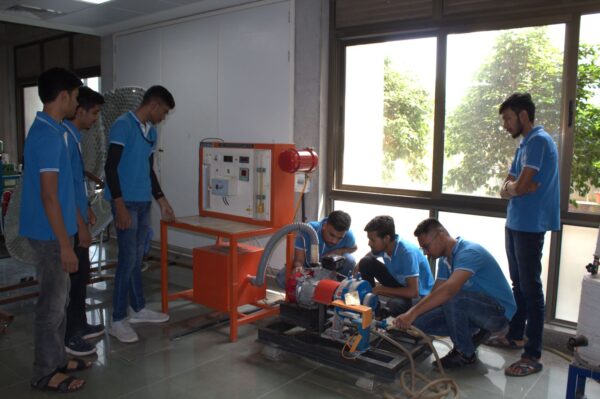
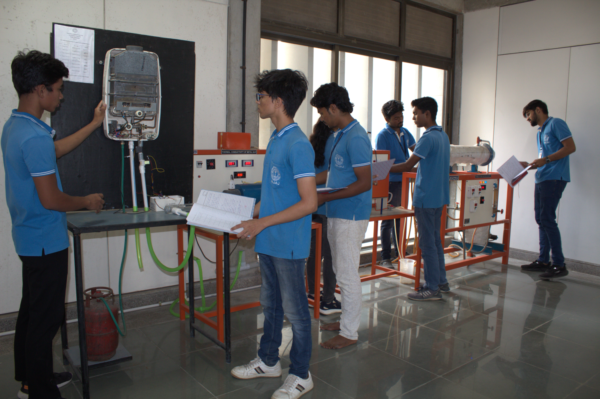
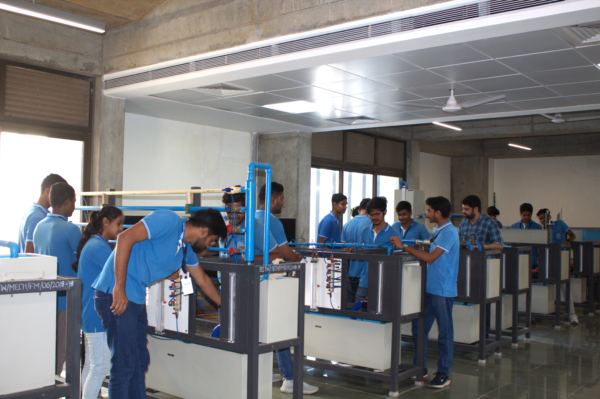
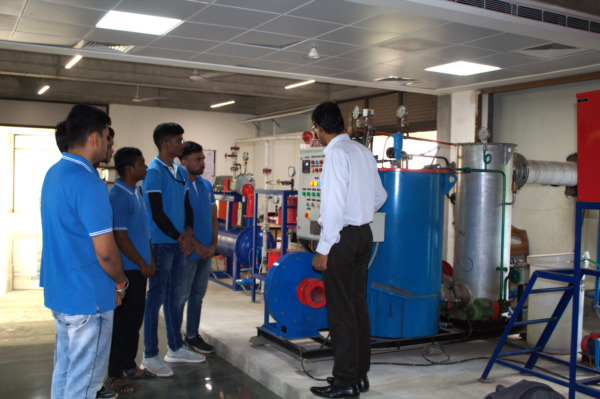
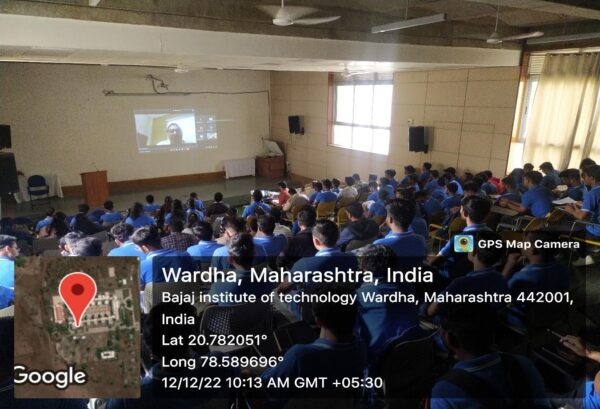 |
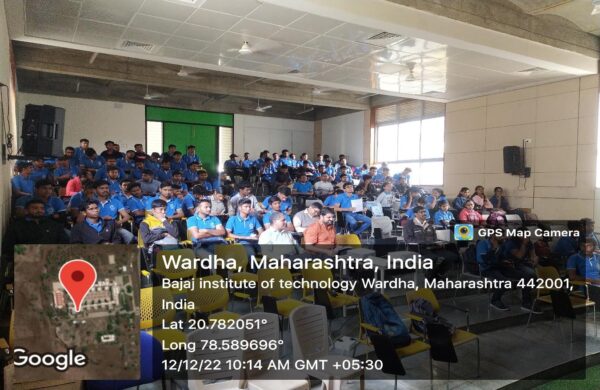 |
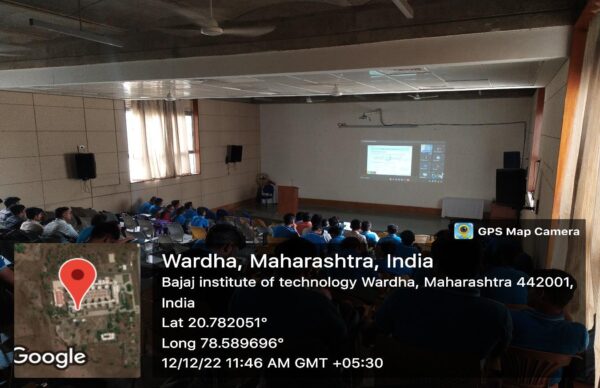 |
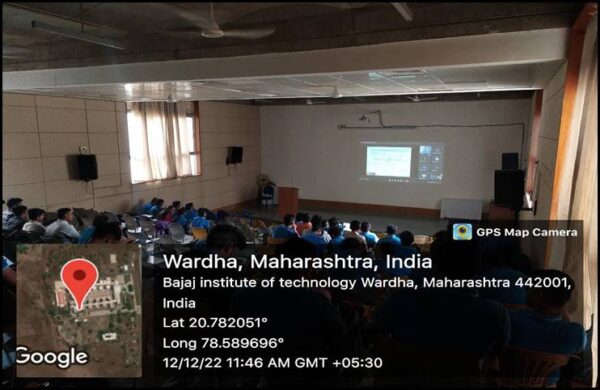 |
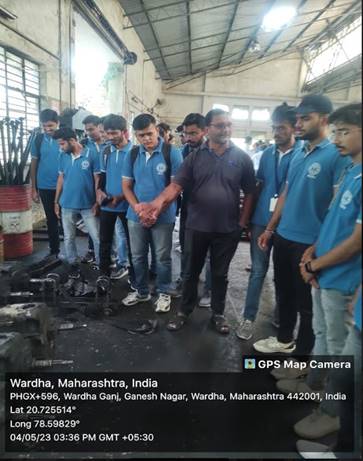 |
 |
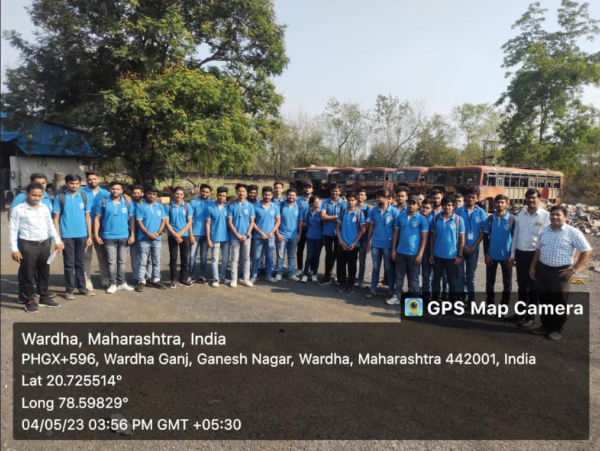 |
 |
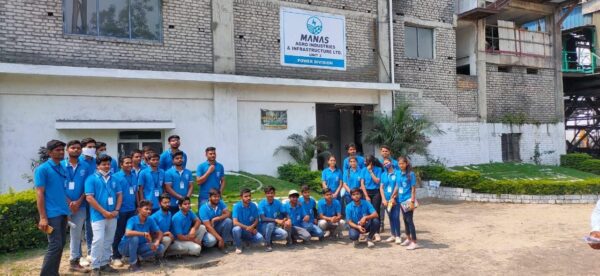 |
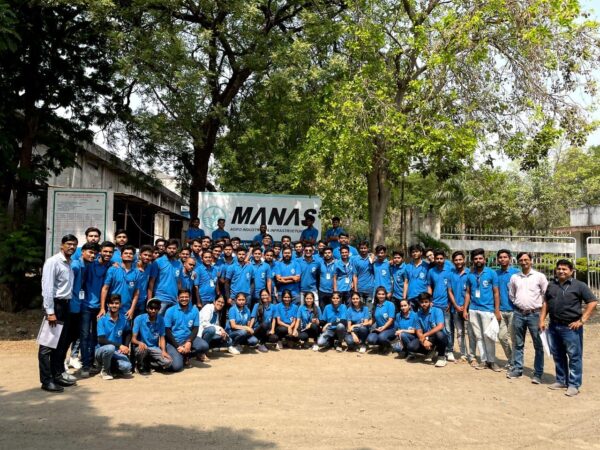 |
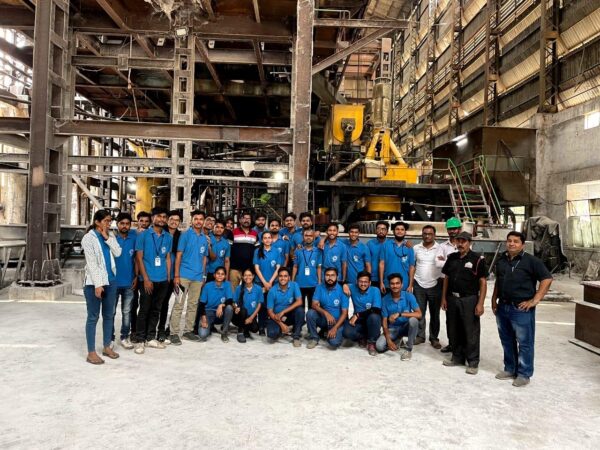 |
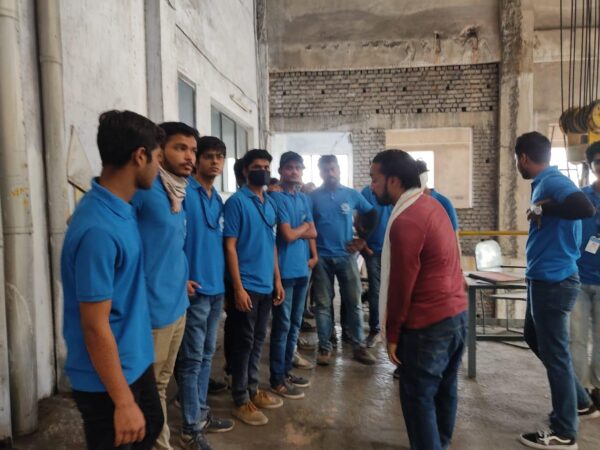 |
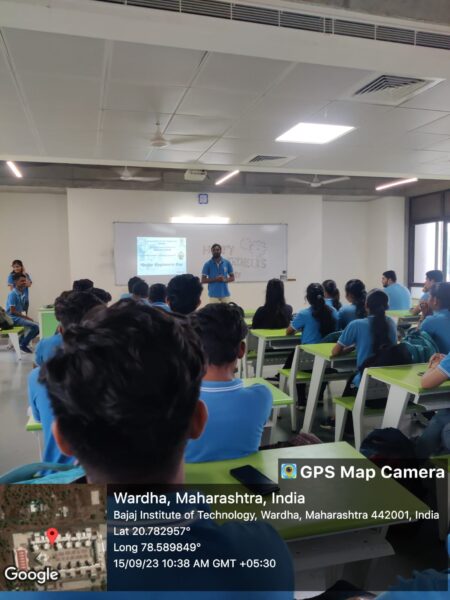 |
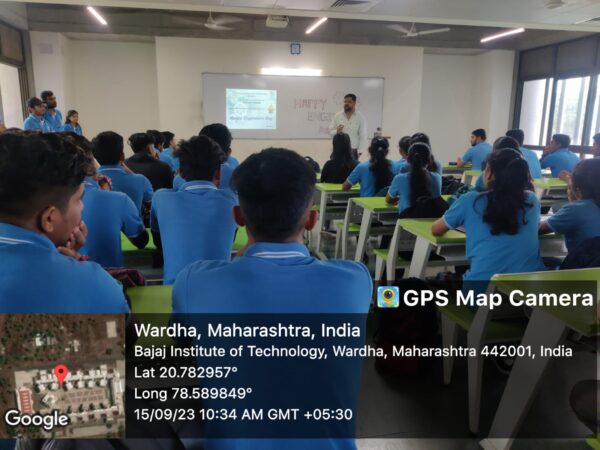 |
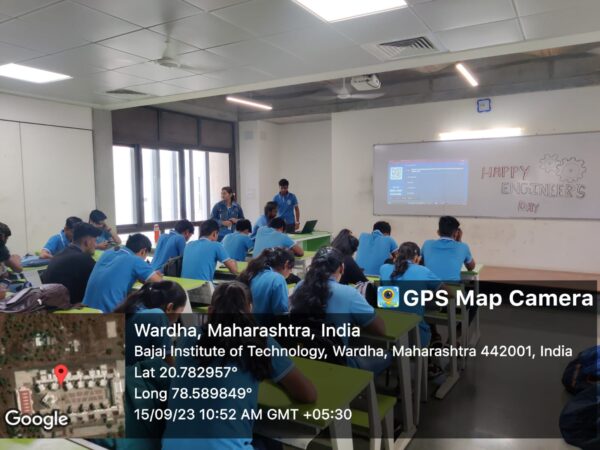 |
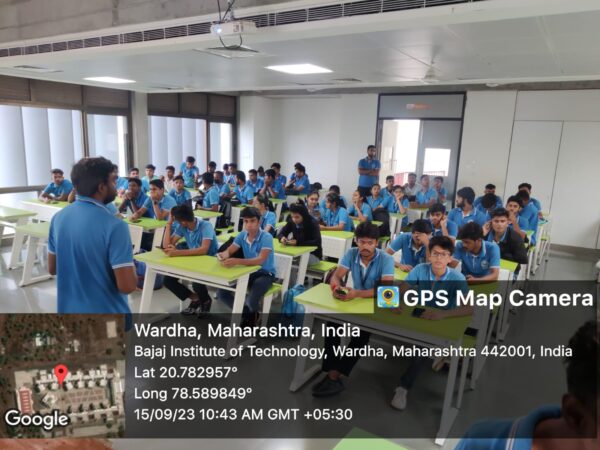 |
Quiz Competition
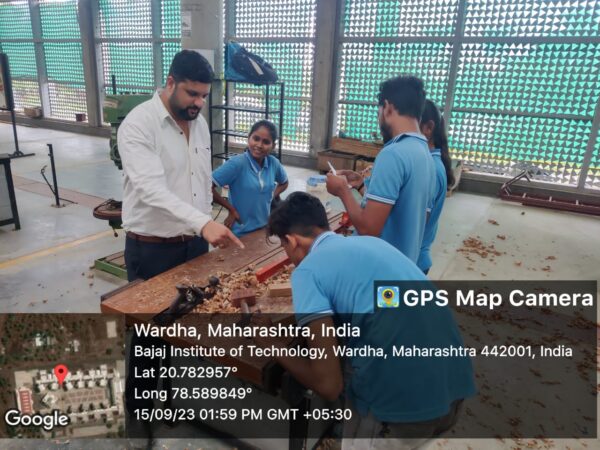 |
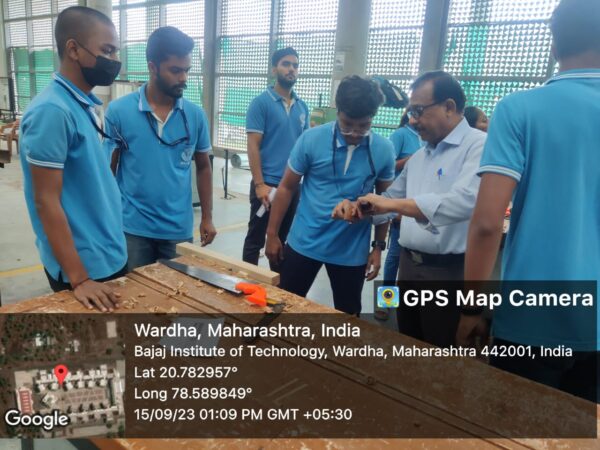 |
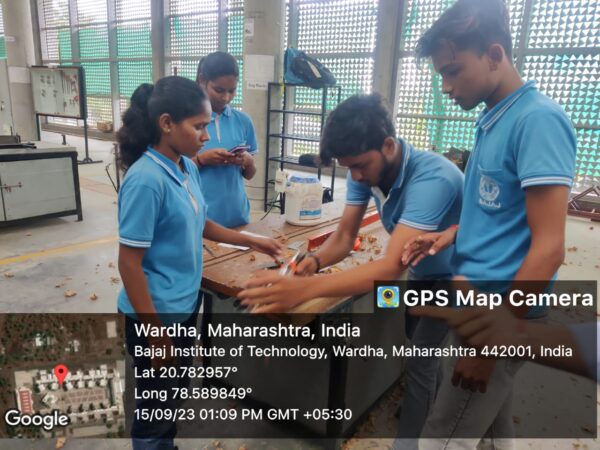 |
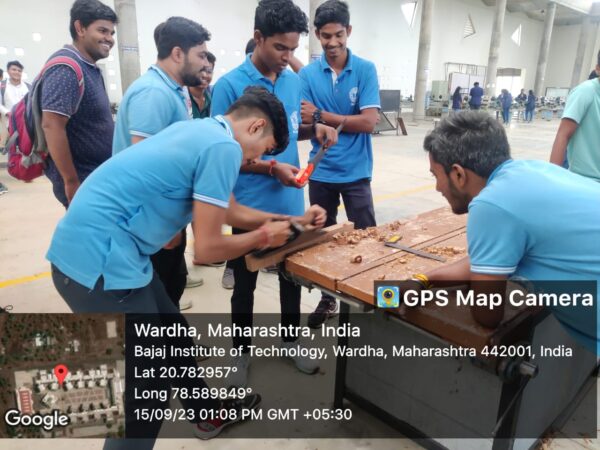 |
Carpentry Competition
 |
 |
 |
 |
CAD Modelling Competition
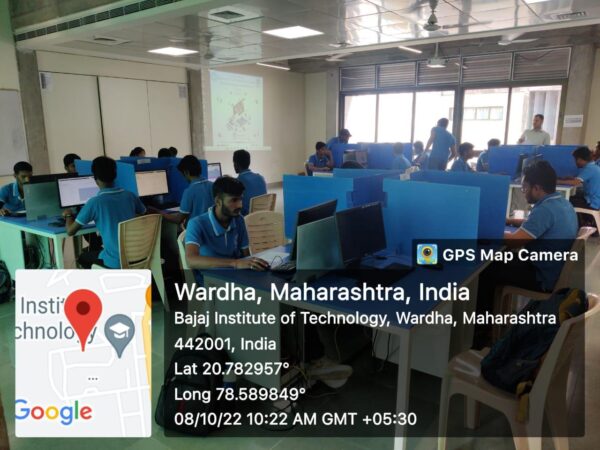 |
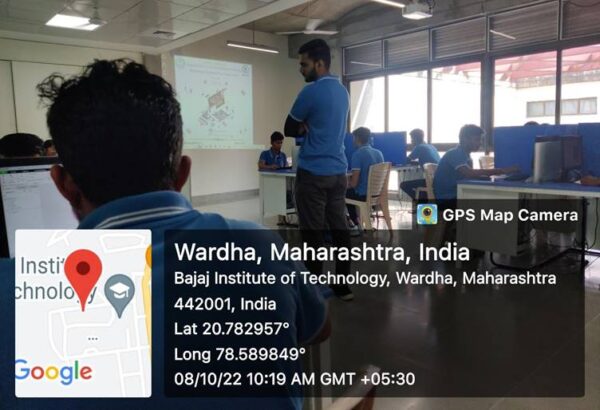 |
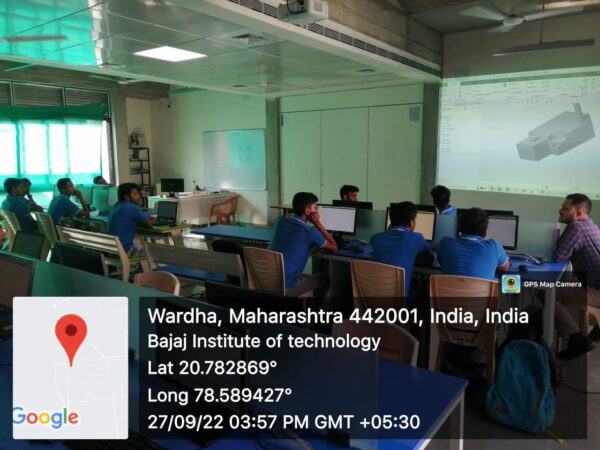 |
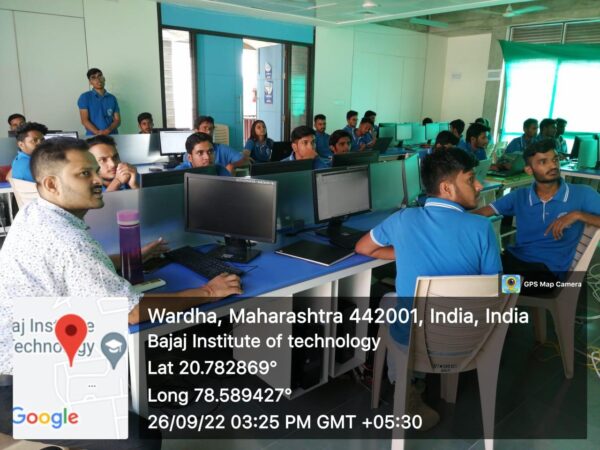
|
CAD Modelling Competition
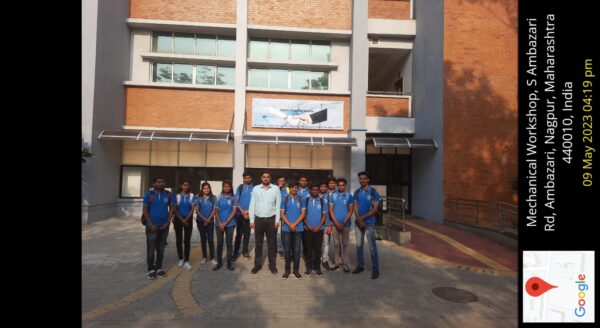 |
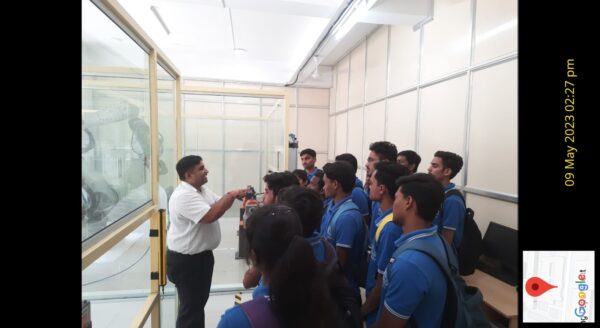 |
|
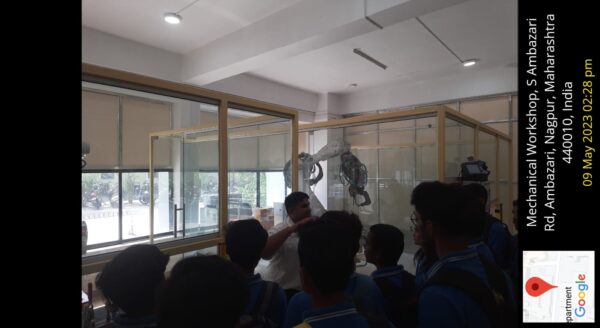 |
||
